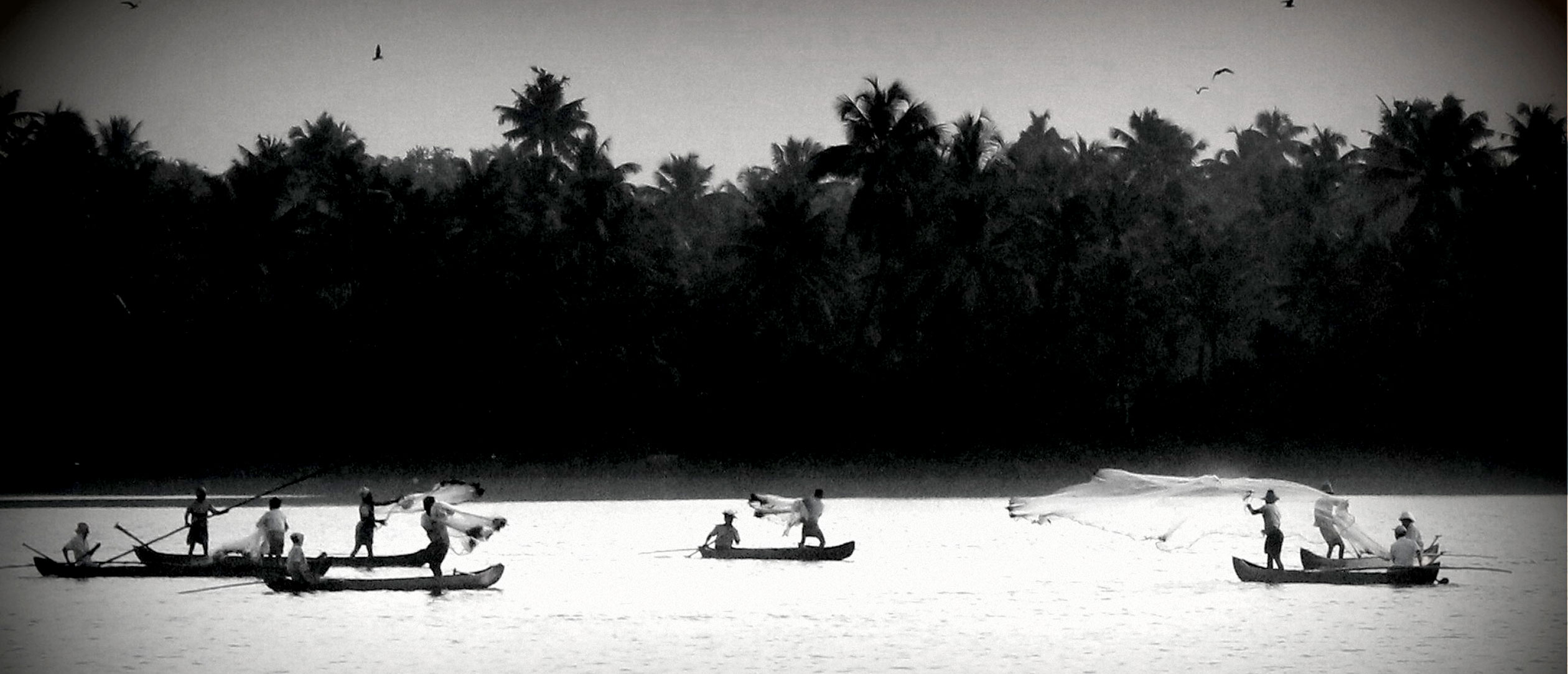
Research
Areas of Specialization
Global Development and Sustainability
Politics, Social Justice, and the State
Ritual, Religion, and Meaning
Health, Mind, and Well-Being
Brain and Behavior
Evolution and Ecology
Archaeology and Human Origins
Media, Communication, and Performance
Race, Difference, and Inequality
Gender and Sexuality
Subjectivity, Embodiment, and Personhood
Research Facilities
APE Lab
ELIZABETH LONSDORF AND MARCELA BENITEZ, DIRECTORS
The APE Lab is the home of Anthropological Primatology at Emory. Our two PIs, Dr. Marcela Benitez and Dr. Elizabeth Lonsdorf lead us in studies of primate social behavior, cognition, health and development. Our studies take place on capuchin monkeys at the Capuchins de Taboga field site and on chimpanzees at Gombe Stream Research Center in collaboration with the Jane Goodall Institute.
Ancient DNA Laboratory
JOHN LINDO, DIRECTOR
- Understanding Evolution through Research, Teaching, and Outreach.
- The Lab is located in the Department of Anthropology at Emory University.
- We utilize ancient DNA to study adaptive evolutionary events in humans and animals.
The Bemba Project
DEBRA VIDALI, DIRECTOR
Bemba is the most widely spoken language in Zambia, with over 7 million speakers. Here you will find a wide range of Bemba language scholarship and resources, including: sociolinguistic and grammatical analyses of the Bemba language, digital texts and audio in Bemba, an extensive bibliography, and numerous links to further resources.
Experimental Ethnography Working Group
DEBRA VIDALI, DIRECTOR
We are a working group of faculty and students committed to producing knowledge in experimental and hybrid forms at the intersection of the social sciences, humanities, arts, and public scholarship.
Global Development Studies
PETER LITTLE, DIRECTOR
"Development" is a keyword of the post-World War II era whose significance has become even more important as parts of the world grow closer in time and space. The growing hunger, poverty, and human rights abuses around the globe raise important challenges for faculty and students who wish to work internationally and present Emory with both an obligation and an opportunity. How can we understand and address growing inequality and approach development issues in a more humanistic, compassionate fashion that is respectful of cultural differences and the rights of the poor to a dignified, meaningful life?
The Great Ape Behavior Laboratory
ELIZABETH LONSDORF, DIRECTOR
The Great Ape Behavior Laboratory examines the various influences that shape an ape’s life from birth to adulthood, and the resultant outcomes in terms of survival, reproduction, and behavioral variation. We integrate studies of learning, social behavior, behavioral development, health and life history in both the field and the lab. Of particular focus is the long-term study of chimpanzees at the Gombe Stream Research Centre in Tanzania, but we also collaborate with colleagues at multiple study sites and various captive research facilities.
Paleolithic Technology Laboratory
DIETRICH STOUT, DIRECTOR
The Paleolithic Technology Laboratory studies the behavioral, cognitive, and neural bases of toolmaking in order to understand the evolutionary history of the human mind and brain. Research focuses mainly on Oldowan, Acheulean, and Levallois technologies, using a combination of lithic analysis of archaeological specimens, experimental production of stone tools, and measurements of motor action, neural activation, and brain anatomy related to toolmaking.
Social Cognition and Primate Behavior Laboratory
MARCELA BENITEZ
The Social Cognition and Primate Behavior Lab examines how primates make important social decisions, what underlying factors impact these choices, and why these decisions are adaptive. We tackle these questions from an evolutionary and comparative perspective while utilizing a mechanistic approach, through the integration of behavioral observations and experimental paradigms on wild monkeys at our field station, Capuchins de Taboga, in Costa Rica, and the assessment and manipulation of hormones, at our endocrine lab at Emory.
Visual Scholarship Initiative
ANNA GRIMSHAW, DIRECTOR
The Visual Scholarship Initiative (VSI) was started in 2006 by a small group of graduate students at Emory University. It quickly established itself on the Emory campus as a place where students from different departments could meet to share work and explore the creative possibilities of scholarly practice.